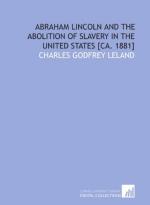|
This section contains 7,443 words (approx. 25 pages at 300 words per page) |

|
SOURCE: Fivel-Démoret, Sharon Romeo. “The Production and Consumption of Propaganda Literature: The Cuban Anti-Slavery Novel.” Bulletin of Hispanic Studies 66, no. 1 (January 1989): 1-12.
In the following essay, Fivel-Démoret questions whether four Cuban novels written in the late 1830s should be labeled abolitionist, concluding that while they all advocated some level of reform, only Avellaneda's Sab offered a clear denunciation of Cuban slavery.
This article is based on four Cuban novels written in 1838 and 1839: Francisco, Anselmo Suárez y Romero, 1838-39; Petrona y Rosalía, Félix Tanco y Bosmoniel, 1838; El Ranchador, Pedro José Morillas, 1839; Sab, Gertrudis Gómez de Avellaneda, 1839.1 All are set in nineteenth-century Cuba, and as the following summaries will make clear, each discusses some aspect of what was then a vital issue on the island—slavery.
Francisco is the story of a young male slave who acts as a coachman for Doña Dolores'...
|
This section contains 7,443 words (approx. 25 pages at 300 words per page) |

|


